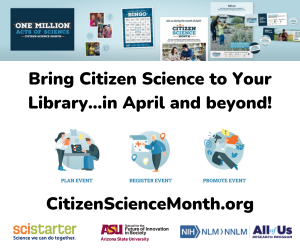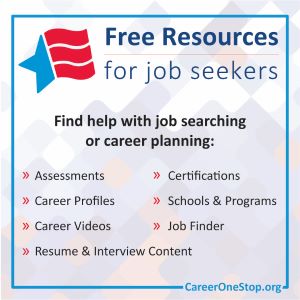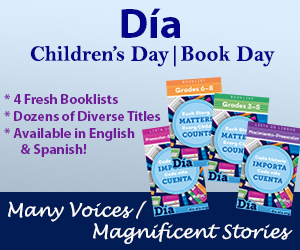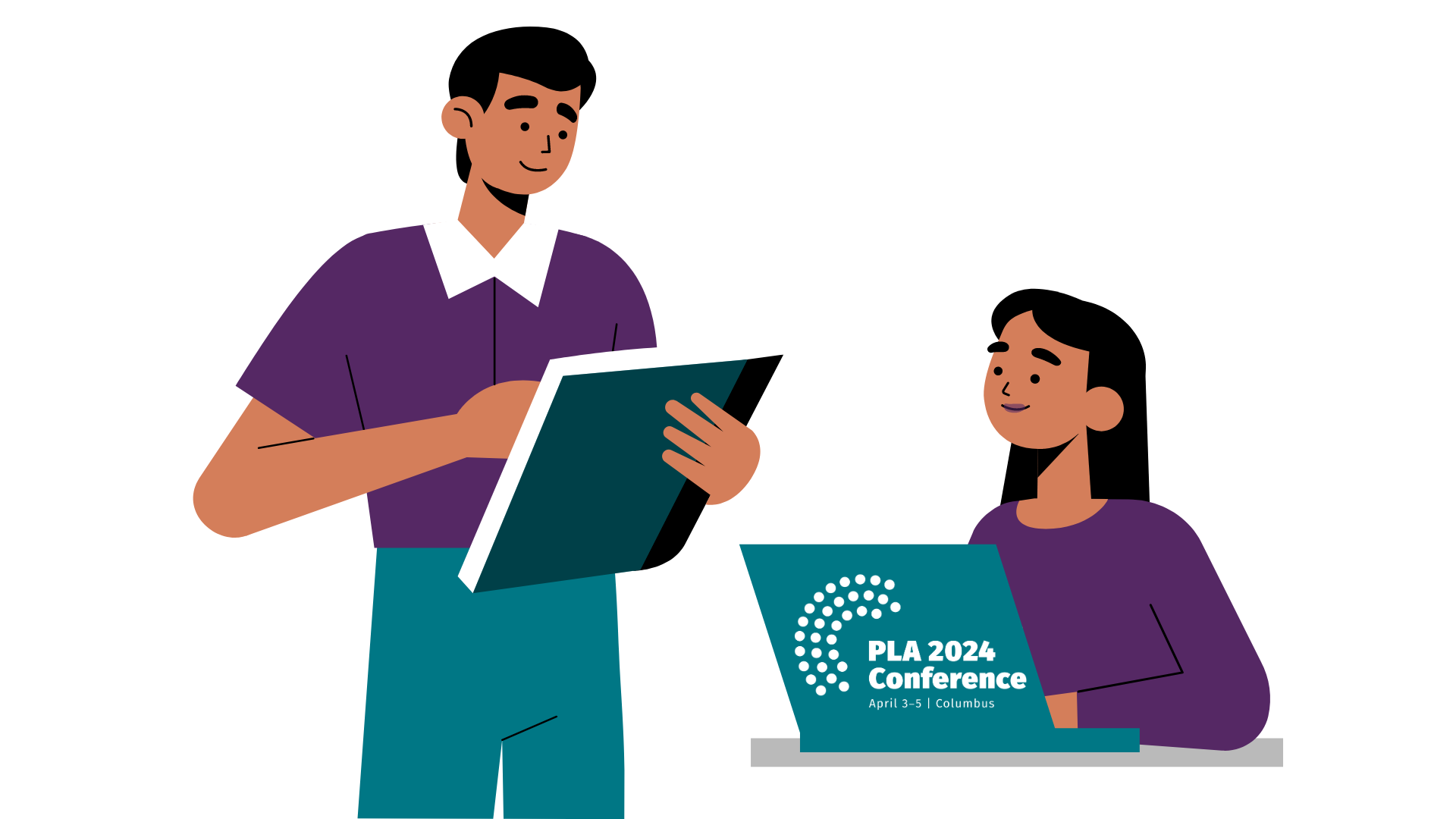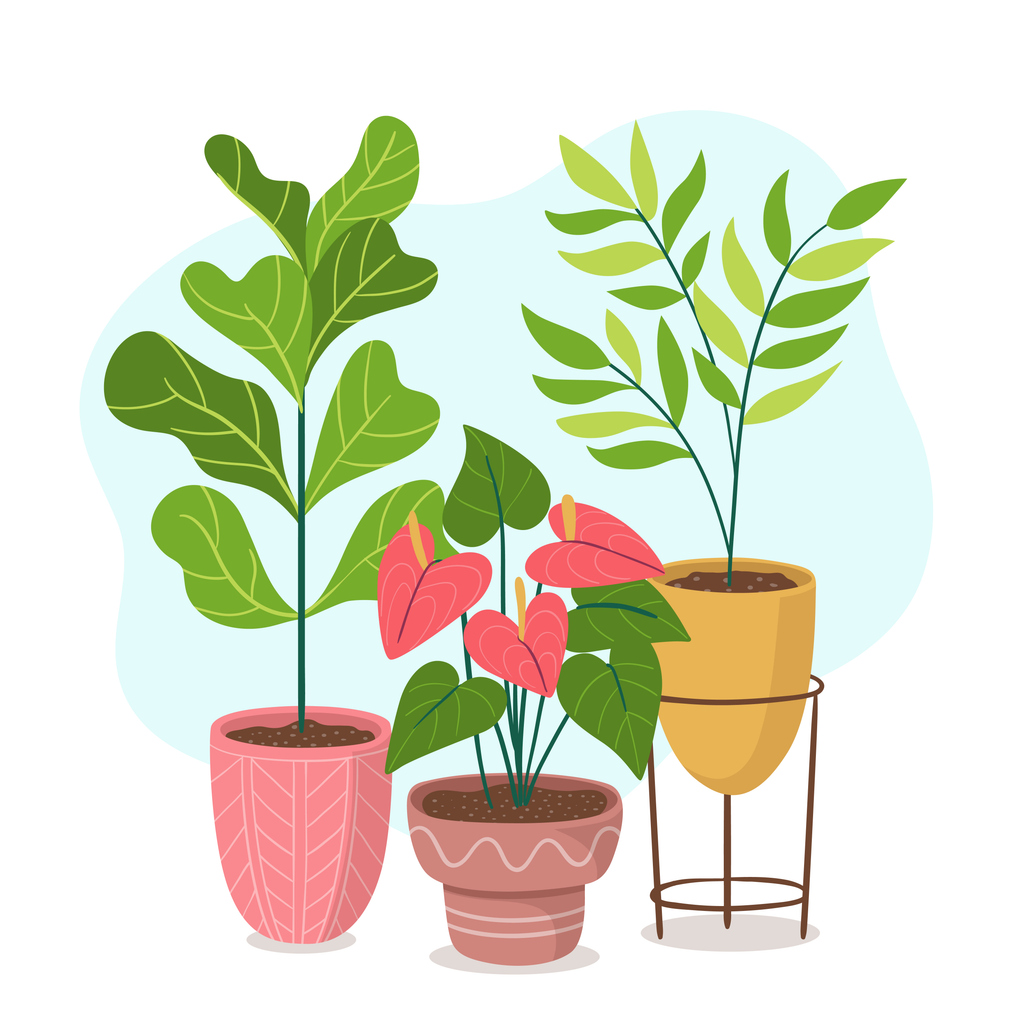Electronically Preserving Obituaries
When Lisa Carlson’s uncle died a few years ago, she opted to forego traditional memorial services in favor of just an obituary as her uncle had no current religious affiliation and few were likely to attend a formal event. “We planned a low-cost cremation and no services but spent a bundle (more than $1,000) on his obit as we knew that he’d made a lot of casual friends around the state. It seemed the best way to reach the many people who knew him, and it ran in three papers with a picture,” Carlson said.1
Shannon Seyler with ObitCity.com said the fact that a simple memorial for a loved one is no longer in everyone’s reach is unconscionable. “Everybody deserves an obit. Everybody,” she said. “That means people of limited income, refugees and immigrants, transients passing through, the lonely suicide in a hotel room, everybody. The prices charged for some obits are an outrage. To me, denying someone an obit just because the family can’t afford it is morally wrong.”2
And Carlson and Seyler are not alone in their sentiments. With so many newspapers on the chopping block due to the Internet, newspapers mostly charge to run an obituary rather than providing it as a complimentary community service. While rates vary by region, there’s no denying that a traditional obituary with a cherished photo can cost hundreds or even thousands of dollars.
“Obituaries are history writ small, magnifying glasses to recent lives that teach us about ourselves, our community, and our country. However famous their deeds may have made them, personal information, the mortar that held their life together, can only come locally from friends, family, and near colleagues. Local media therefore have a special responsibility for gathering the obituary material that will become a story passed around the world into posterity,” said Professor Michael Locke, University of Western Ontario, who laments the lack of media investment in obituaries these days.3
Locke said, “Obituaries are a balance sheet of a person’s life. What did they contribute, what do we owe them, did they make a difference, and especially, why did they make a difference?”
“These little newspaper gems can bring a vast amount of new information to you about your ancestors,” said Elizabeth Fournier with Cornerstone Funeral Services and Cremation in Boring, Oregon.4 “Every human life has some value. If the story is not told and the family gets smaller and smaller over the years, then nobody will know the story if the newspaper doesn’t print it.”
Amateur genealogist John Henkle couldn’t agree more. “As someone who dabbles in genealogy, I recognize and fully appreciate the value of an obituary in providing not only family information but historical data,” he said.5 Obituaries often bring together in one place keys to the previous generation, names of family members and life events. That got Henkle, a longtime employee and collection development librarian at the Orange County (Fla.) Library System (OCLS), thinking about the library providing a mechanism to offer an obituary service in an online environment. “There’s information about the community that is lost when an obituary is not written,” he said.
The library already had a program called Orlando Memory launched in 2008 that celebrates the area’s rich local history by allowing members of the public to upload photos and submit video, audio, documents, and links as well as initiate discussions about Central Florida history. “A community obituary project that will allow members of the public to submit obituaries to memorialize and pay tribute to loved ones just seemed to be a natural extension of the Orlando Memory program already in place,” Henkle said. He suggested the idea to library administration and the concept got legs.
OCLS subsequently applied for and was awarded a $50,000 National Leadership Grant from the Institute of Museum and Library Services (IMLS) to explore the feasibility for an openly accessible online database into which the families of deceased individuals can upload obituaries. OCLS director and CEO Mary Anne Hodel was immediately intrigued by the project, named Electronically Preserving Obituaries as Cultural Heritage (EPOCH). Hodel said the demise of the newspaper obituary presented an opportunity for OCLS to fill a void created by a world where the abbreviated death notices now far outnumber complete obits.6
In addition to the $50,000 from IMLS, OCLS will provide $21,754 in matching funds for the EPOCH project. Library staff members acknowledge up front that exact costs are difficult to predict. Most of the costs incurred would be in staff time for the library Information Systems Department to create links or webpages, and for the library’s Community Relations Department to create marketing collateral both online and in print. There will also be a significant investment of time put into community outreach efforts. Once established, OCLS plans to pursue donations and other fundraising opportunities to support this important project.
“This will not only help families at a difficult time by sharing information on the memorial service and other final details, it will also create a searchable archive going forward,” Hodel said. EPOCH will offer an affordable alternative to costly traditional newspaper obituaries. Many people desire to honor their loved ones with a full life story obituary and run it for several days before the funeral only to find the cost prohibitive in traditional newspapers. And unlike obituaries in newspapers and on funeral home websites, which expire after a certain time frame, the information posted on EPOCH will remain there indefinitely as part of a searchable archive. “That means important memories and historical data will remain available to family and friends for years to come,” Hodel said.
“This is the differentiating factor that will make EPOCH an important research tool and a valued community resource.” “This is a wonderful time for libraries to really look at things with a fresh perspective, to be innovative, and to reconnect with our communities,” said Donna Bachowski, the head of reference at OCLS and the EPOCH project leader.7 “Hyperlocalism is really important and it is a place where we can connect our past with contemporary technology,” she said. Bachowski feels keeping the community connected and informed is a part of the library’s responsibility. “And, long term, in thirty years, we will have a terrific resource available.”
A study published in spring 2011 by the University of Missouri School of Journalism comparing citizen-driven news sites and blogs with daily newspaper websites substantiates Bachowski’s point on hyperlocalism.8 The overall conclusion of the study is that citizen sites work better as complements to traditional media, filling in hyperlocal news and opinion that newspapers have abandoned.
Questline, the call center for OCLS, regularly receives calls from out-of-district residents requesting obituary information or seeking copies of locally published obituaries. The number of calls received on a regular basis demonstrates a need for, and interest in, locating obituaries. “Quite frequently, we find this to be the reason they are calling. There is clearly an interest in the accessibility of this type of information,” said Jim Myers, who oversees the Circulation Department and Call Center at OCLS.9 The library system also frequently receives similar inquiries via its website.
There are other reasons that make Orange County an obvious choice for pioneering the effort. OCLS is home to the largest genealogical collection in the Southeast. It serves as the state library for the Florida State Society of the Daughters of the American Revolution. Obituaries are not only an important part of genealogical research but a vital source of local history as well. This critical collection creates connections to the past and offers a sense of history. The study of genealogy is an intergenerational activity that gives a context in which to understand the world as researchers unearth the common threads that appear in every generation.
IMLS director Susan Hildreth said the grant will allow OCLS to explore alternative strategies for capturing and sorting such news, as part of a long-term historical record, to ensure this memory is not lost.10 The goal of the EPOCH project will be developing the framework for comparable endeavors that can be replicated by libraries and communities throughout the United States. Extensive documentation, such as checklists or a toolkit that will guide other communities in planning and implementing similar projects and guidelines for ensuring data compatibility, will be included as part of the final product. The software will be developed as a prototype to allow for usability testing and user input. Focus groups and advisors will provide input to the feasibility of the project and the functionality of the software.
An overarching goal of the EPOCH project is to create this toolkit that will help other communities implement similar initiatives. OCLS will explore privacy issues, equipment needs, and archival solutions. The library system also will be creating instruction manuals to make it user friendly, and reaching out to media outlets and funeral industry representatives to promote it. The grant started in December 2011 and has an aggressive, twelve-month timeline in place for building a framework for online obituary submissions that other communities can adopt. Specific issues include:
- addressing potential privacy issues;
- consulting with metadata experts at the Florida Center for Library Automation to ensure that the information in the database conforms to the Encoded Archive Context (a metadata standard for electronic archives that makes information available via common search methodologies);
- developing a detailed list of essential equipment;
- creating curriculum and supporting
documentation for user instruction; and - working with focus groups, including reaching out to small newspapers and funerary organizations.
Henkle says EPOCH will offer a much-neededmechanism that makes it easy to share stories, convey memories, and build community. Fournier agrees the service is much needed but for reasons beyond the capturing of historical data. “Recalling pleasant memories and happy times together is important to accepting the natural cycle of life and death,” she said. “The feelings of pain and loss associated with this passage in the natural cycle of life need to be dealt with in a healthy grieving and bereavement process.”
Hodel is just delighted that the prototype, which is scheduled to be completed by November 2012, will fill gaps and meet community needs on many levels. “EPOCH is completely in sync with today’s social media. It’s social, it’s sharing, and it builds an online community that can be accessed and referred to in the years to come,” she said.
References
- Lisa Carlson, email interview with the authors, Nov. 8, 2011.
- Shannon Seyler, email interview with the authors, Nov. 2, 2011.
- Michael Locke, email interview with the authors, Nov. 7, 2011.
- Elizabeth Fournier, email interview with the authors, Nov. 8, 2011.
- John Henkle, personal interview with the authors, Nov. 8, 2011.
- Mary Ann Hodel, personal interview with the authors, Nov. 7, 2011.
- Donna Bachowski, personal interview with the authors, Nov. 3, 2011.
- Nathan Hurst, “Citizen Journalism vs. Legacy News: The Battle for News Supremacy,” University of Missouri News Bureau, July 8, 2010, accessed Mar. 28, 2012.
- Jim Myers, phone interview with the authors, Nov. 10, 2011.
- Susan Hildreth, email interview with the authors, Nov. 16, 2011.

